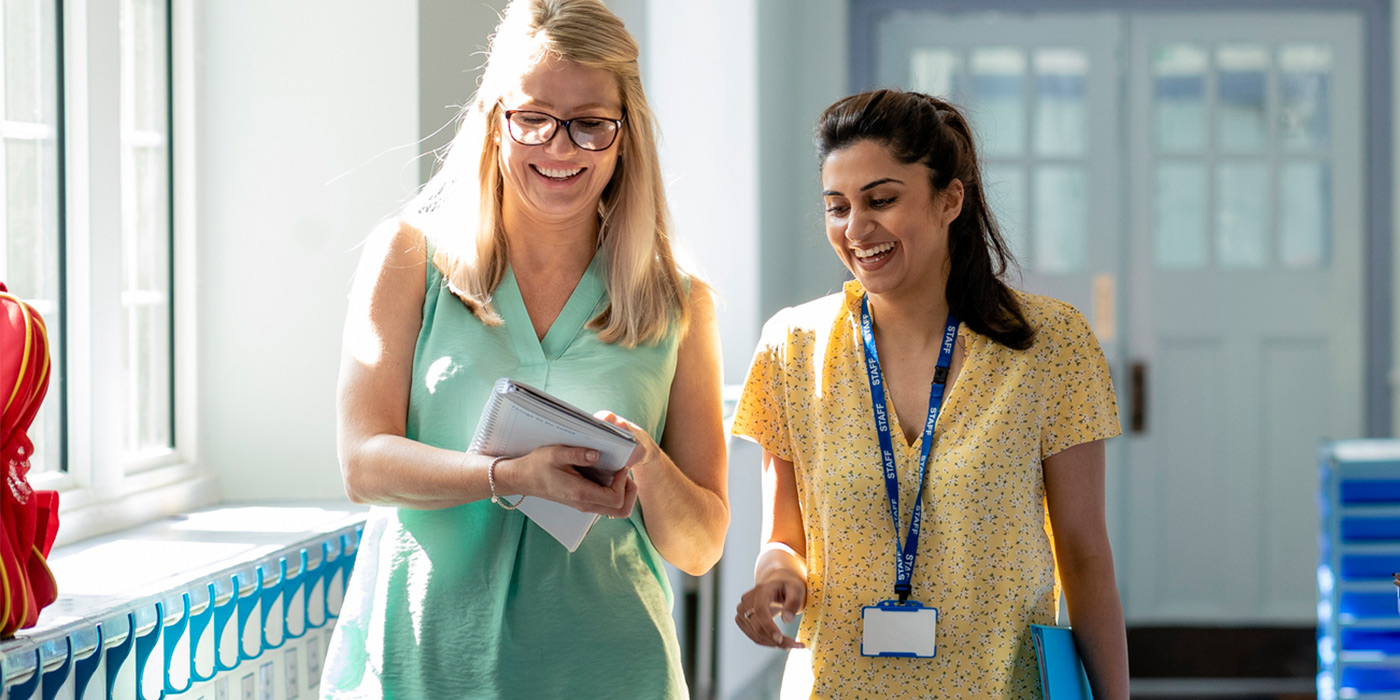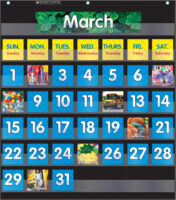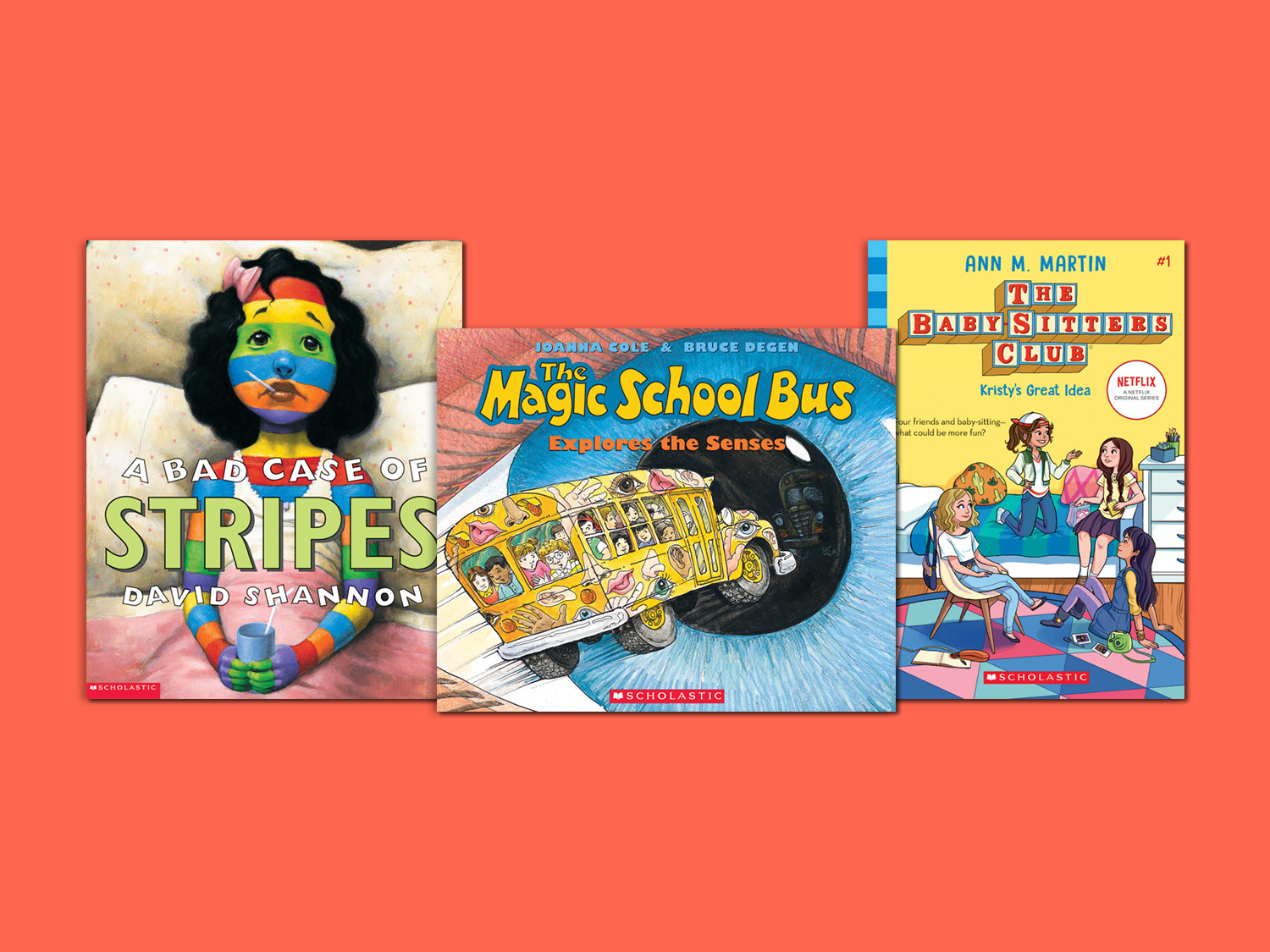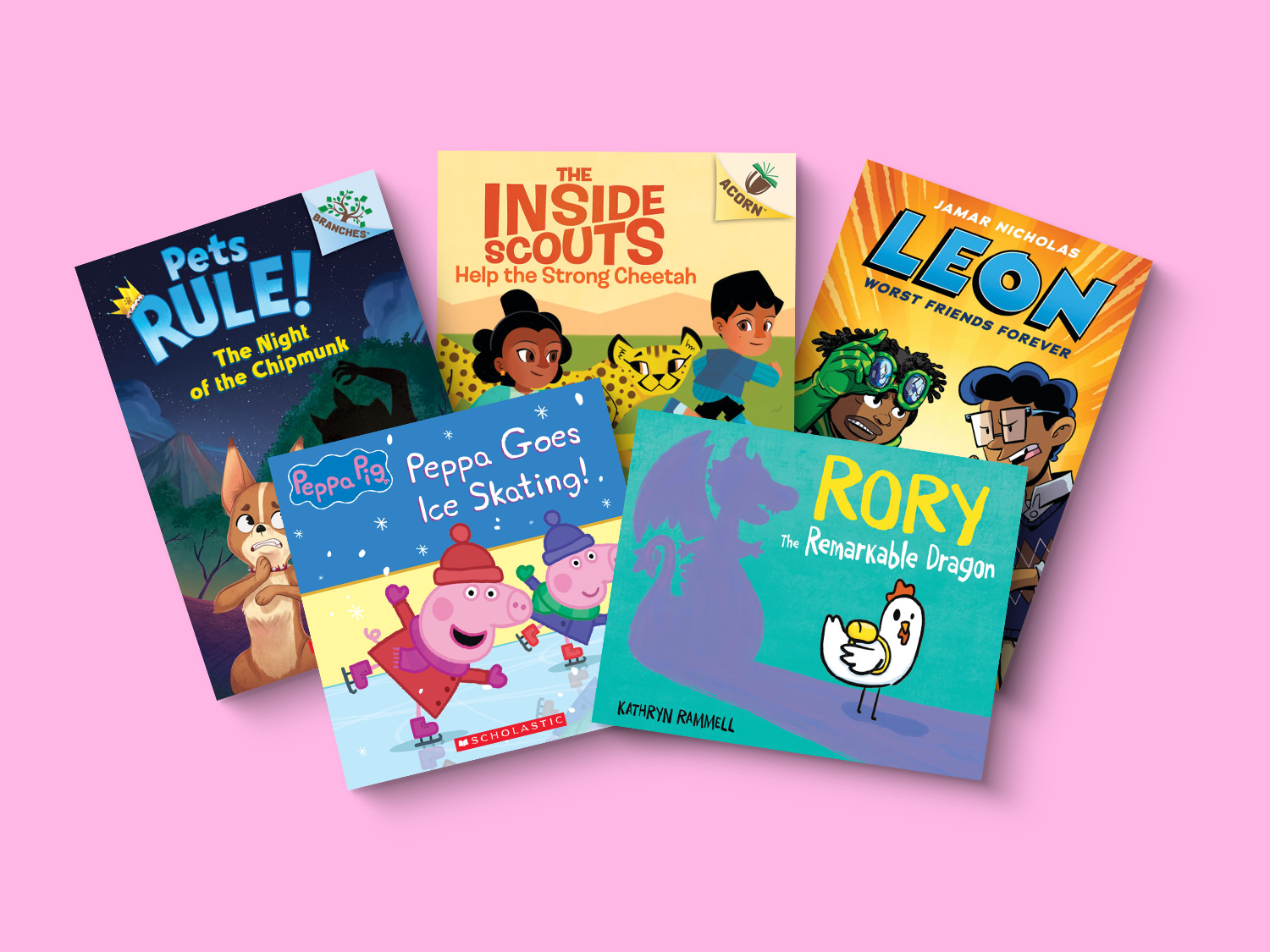Whether you’re just starting out as a new teacher or you’re a seasoned pro, here are some valuable tips for the beginning of the school year and beyond.
This advice on how to effectively educate your students and enhance your teaching career can make all the difference in your approach. It’s natural for new educators in their first year to pressure themselves into a level of perfectionism. But as time goes on, you learn that the job isn’t as rigid and there is room for making mistakes and having fun. Modeling that flexibility and self-forgiveness can inspire and teach students to grow.
Ahead, long-time teachers Theresa Rindt and Jordan Potrzeba share the best teaching tips they’ve received from teachers when they were beginning teachers themselves.
One of the best pieces of advice for new teachers is to develop relationships with your students, coworkers, mentors, and parents of students. Establishing a relationship with each of your students is essential for building a successful teaching career.
“Relationships first, standards second,” says Potrzeba. Putting your students’ needs first will ensure that their learning is optimized and that they are getting the best education possible.
“Make it a part of your day to get to know your students,” says Rindt. “Taking the time to understand who they are and where they come from helps teachers get to know how to best assist, teach and empower students to be their best.” Students learn best when they feel like they can connect with real teachers.
Leaning into your professional relationships for help and support will enable you to glean lessons on the teaching profession, especially from seasoned educators, who can offer great advice on meeting your challenges head-on.
One thing that teachers everywhere can agree on is that organizational skills should be top priority in and outside of the classroom, especially for first-year teachers. (The right planners are very effective for lesson planning.) Staying organized also eliminates stressful situations, like having to run out and make copies in the middle of a lesson.
“Teachers wear many hats throughout the day and keeping up with each is quite difficult when you can’t find what you need,” says Rindt. “It is easy to get caught up in the crazy directions you are pulled each day. Take 10-15 minutes at the end of each day to organize those piles, clean up your desk, and breathe.”
Small organizational habits, when practiced on a daily basis, really add up to your overall success and that of your students.
You teach your students to be good listeners while learning, but practicing what you preach is just as important. Allowing and encouraging your students to voice their opinions in the classroom will help them enjoy what they’re learning and make classroom management easier.
“Let your students have a voice in their classroom,” says Potrzeba. “When a student asks you a question or wants to talk to you, stop whatever you're doing, look at them, and listen.”
When students feel seen and heard, the rewards are manifold: Their self-esteem and confidence improve; they are more likely to absorb the information from a lesson plan; and they are also more likely to reciprocate that same respect.
If you stay at your desk for hours on end after the school day is done, you’re on a fast track to burning out.
Invest in mindfulness practices, like meditation and yoga, indulge in hobbies that give you joy, and spend time with people that uplift you in your free time. (Find out how other teachers unwind.)
“Set limits on working,” says Potrzeba. “Your mental health, your family, your hobbies are important too. Your teaching will improve and your students will succeed with a mentally and physically healthy teacher.”
Staying consistent with the way you teach lessons will allow your students to get organized and prepared to do their work without worrying about something unexpected coming up.
“There is nothing like inconsistency to throw off your day and the kids’ day,” says Rindt. “Make sure you follow up with what you say; students also pick up on what they can ‘get away with’ pretty quickly otherwise.”
The ability to remain flexible will also greatly help you reduce stress and meet your goals and those of your students.
“Not only are teachers needing to be flexible with daily routines (ready for what comes their way), but students need a teacher who can understand where they come from as they all have different backgrounds and family situations,” says Rindt. “Flexibility allows teachers to adapt to and effectively meet each child’s needs.”
Shop the best classroom tools and supplies for professional development below! You can find all education-related books and activities at The Teacher Store. Resources available for Pre-K, elementary school, middle school, and high school.










